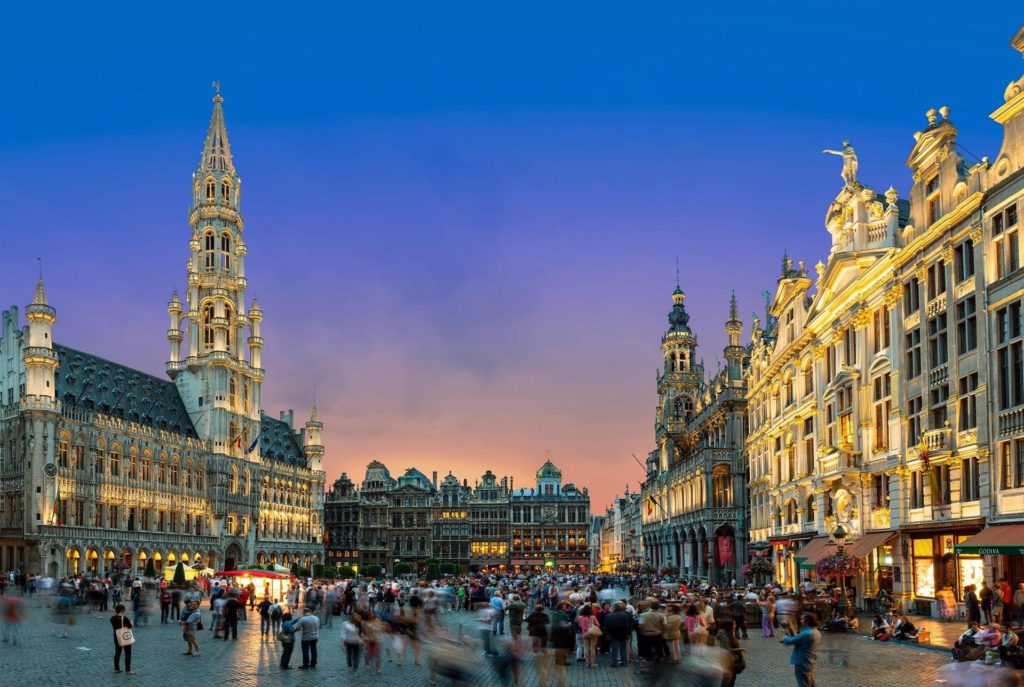Remote-sensing study in Brussels confirms importance of phasing out highly polluting vehicles to improve air quality
The study, conducted as part of the TRUE Initiative (an international partnership aiming at cleaning up vehicles and improving urban air quality), measured the real-life emissions of more than 130,000 vehicles in Brussels. Its results are precise: the highest-emitting vehicles need to be phased out from city streets to tackle air pollution effectively.
The pandemic and the new state of affairs have increased the awareness and urgency to tackle air pollution, a vital public health issue for cities. European cities and regions are doubling their efforts to ensure the wellbeing of citizens and protect the climate, conducting new research and innovative projects on air pollution.
The Brussels-Capital Region is committed to tackling the issue After setting up a Low Emissions Zone in 2018 and with the added pressure of the pandemic and its effects on public health, Brussels Environment, in partnership with the International Council for Clean Transportation (ICCT), carried out unparalleled remote-sensing research in autumn 2020. Funded by FIA Foundation and Bloomberg Philanthropies, its data ''enables cities to target their policies to address air quality and to monitor their fleets efficiently" says Sheila Watson, Deputy Director of the FIA Foundation.
The results are ''highly relevant to the Brussels Government'', according to Alain Maron, Minister of the Brussels-Capital Region, responsible for Climate Change, Environment, Energy and Participatory Democracy. They prove that the vehicles affected by the next milestones of Brussels' Low Emission Zone release disproportionate amounts of air pollutants.
As Antha Williams (Climate and Environment Program Lead at Bloomberg Philanthropies) says, ''this study reveals how dangerous high-emitting vehicles are to public health and air quality in cities. It will equip policymakers with critical information to help tackle emissions and air pollution while validating the impacts of low emission zones and modern emission abatement technologies."
For more information about the study, click here.

